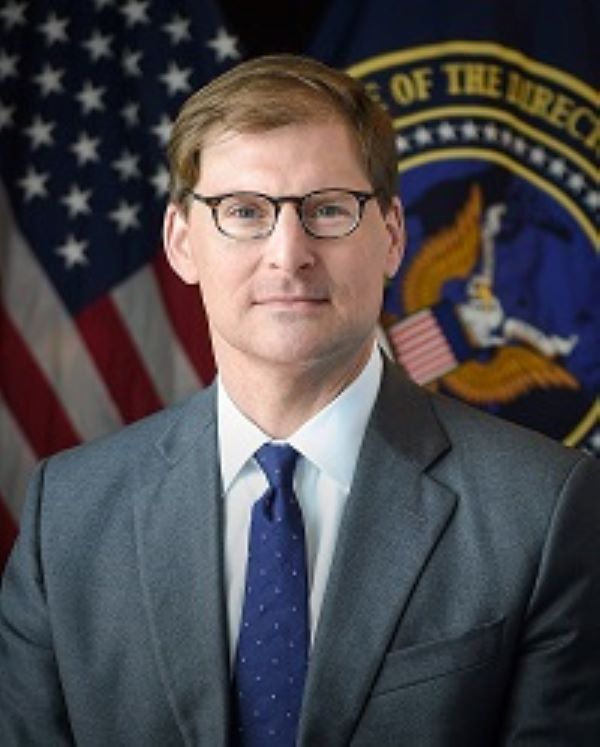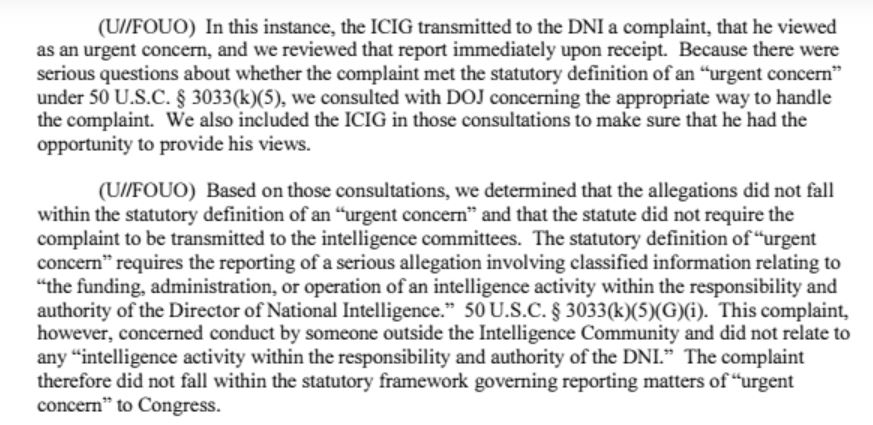Live Thread: U.S. Senate Commerce Hearing with Facebook Whistleblower [UPDATE-5]
[NB: Check the byline, thanks. /~Rayne]
The Senate Commerce Committee is conducting a hearing right now; Facebook whistleblower Frances Haugen is currently testifying before the committee.
You can watch the hearing at C-SPAN at:
https://www.c-span.org/video/?515042-1/whistleblower-frances-haugen-calls-congress-regulate-facebook
You can also catch up with the backstory leading into this hearing by catching CBS’s 60 Minutes feature from this past weekend at:
https://www.cbsnews.com/news/facebook-whistleblower-frances-haugen-misinformation-public-60-minutes-2021-10-03/
Haugen is the former Facebook insider who leaked corporate documents to the Wall Street Journal several months ago, culminating in reports published a couple weeks ago. Sadly, the work is paywalled.
These are the key points WSJ reported on based on the documents:
– Facebook internal documents outline an exempt elite who can operate without prohibitions.
– Facebook’s Instagram platform knowingly relies on toxicity dangerous to teen girls.
– Facebook’s 2018 tweaks to algorithms heightened polarization between users.
– Facebook’s response to known use by organized crime from trafficking to drugs is grossly ineffectual.
– Facebook’s own algorithms undermined Zuckerberg’s efforts to encourage COVID-19 vaccinations.
All this in addition to its complicity inciting genocide of more than 25,000 Rohingya minority members in Myanmar means that Facebook is beyond toxic. It’s deadly.
I’ll update this post with additional content. Share your comments related to Facebook, social media, and today’s hearing in this thread.
~ ~ ~
On a personal note: I don’t use Facebook for many of the reasons outlined in Haugen’s disclosures and the reasons that the Federal Trade Commission issued a consent decree against Facebook back in 2011 (which Facebook violated, resulting in a $5 billion fine in 2020).
I already had strong doubts about Facebook because my oldest child was bullied by a classmate on the first day they opened a Facebook account. They had begged me to let them open an account and in spite of all my precautionary measures and coaching, they were still tormented immediately and out of view of the other student’s parents.
That was more than 14 years ago. Think of what 14 years of this kind of behavior alone will do to our children and young adults, let alone what troll farms masquerading as children on line will do to them.
And now we know Facebook has known about this toxicity targeting young women and girls, and that it has continued to develop a platform aimed at monetizing children and teens’ use of social media.
Kill it now.
~ ~ ~
UPDATE-1 — 12:30 PM 05-OCT-2021 —
I missed the earliest part of the hearing, am now going back through earlier portions.
Sen. Cynthia Lummis (R-WY) at 9:27 am expresses reluctance to break up companies or deem social media platforms to be utilities, calling it heavy handed.
Uh, not heavy enough. Yesterday’s outage proved Facebook is a communications system when WhatsApp went down with Facebook and Instagram.
Sen. Dan Sullivan (R-AK) is prodding about regulatory oversight. Haugen says Facebook’s closed system traps the company and prevents them from changing their operations – a closed loop which it can’t break – and government intervention through oversight would break that loop for them.
Nation-state surveillance comes up next; Facebook could see other countries surveilling users. Haugen says the U.S. has a right to protect Americans from this kind of exposure.
UPDATE-2 — 12:36 PM 05-OCT-2021 —
Live hearing again. Sen. Rick Scott (R-FL) says he sent a letter to Facebook about related concerns well before this hearing. He asks Haugen about age restrictions for users; she feels the restriction should be changed to 16-18 years of age because of teens’ weaker impulse controls and concerns about addictive behaviors.
How to screen for age is tricky, IMO. Kids have gotten around this and parents have been just plain neglectful.
UPDATE-3 — 12:47 PM 05-OCT-2021 —
Sen. Richard Blumenthal (calls Facebook a “black box,” designed as such by Mark Zuckerberg, referencing legal obligations under Section 230.
Haugen adjusts the point he’s making by noting Facebook had said it could lie to the courts because it had immunity under Section 230.
Well that explains why Zuckerberg believes he can lie to Congress as well, as he has in at least one hearing, and why a representative for Facebook lied just this week to Congress in spite of Facebook documents liberated by Haugen proving otherwise.
Haugen says she doesn’t like seeing people blaming parents. Sorry, too bad — as a parent I know the ultimate authority over internet use at home with parent-funded devices is the parent, and I know far too many parents are just plain lazy when not willfully uniformed about social media use. More parents should have been up in their representatives’ faces all along about social media’s impact on their children.
UPDATE-4 — 12:55 PM 05-OCT-2021 —
Haugen is responding to questions from Sen. Todd Young (R-IN). She says Facebook knows how vulnerable people are who’ve had big life changes like divorce or death of a friend/loved one, how they can lose touch with surrounding community in real life because they are framing their perspective on thousands of distortive posts on Facebook.
She also doesn’t believe in breaking up Facebook.
Too fucking bad. The outage yesterday proved Facebook needs to be broken up.
Sen. Marsha Blackburn (R-TN) has been given a copy of a tweet by a Facebook employee, Andy Stone, who rebuts Haugen’s credibility based on her work experience. Blackburn invites Mr. Stone and Facebook to be sworn in and testify instead.
You know there will be more concerted attacks on Haugen’s credibility. Sure hope there’s nothing on her in Facebook’s data.
UPDATE-5 — 1:06 PM 05-OCT-2021 —
Sen. Amy Klobuchar (D-MN) asks about Facebook studying children under 13 about eating disorder and whether the company is pushing eating disorder-related content children that age. Haugen implies they are getting ground this by encouraging inauthentic accounts.
Klobuchar asks about banning outside researchers; Haugen says the blocking is an indication that federal oversight is necessary when Facebook goes so far out of its way to block them.
Sen. Ed Markey (D-MA) says he sent a letter to Facebook ten years ago asking if the company was going to collect data on child users on its platform, and now Congress is back revisiting the issue. He plugs further regulation including controls on AI.
Haugen earlier in this hearing said AI was a known problem referring to bias.
Markey brings up the Children’s Television Act of 1990 he authored which protects kids up to age 12.
Sounds like Facebook must have used this as a jumping point for its existing prohibition on accounts for those under age 13.
Haugen responds to Markey saying removing Likes/Comments/Reshares which encourage more engagement aren’t enough to protect children. They’re still exposed to dangerous “extreme and polarizing” content.
Markey asks if Haugen thinks any visible measures of content popularity should be removed on content for children – she’s not quite as forceful on this as his question about removing targeted ads aimed at children to which she’s firmly agreed.






